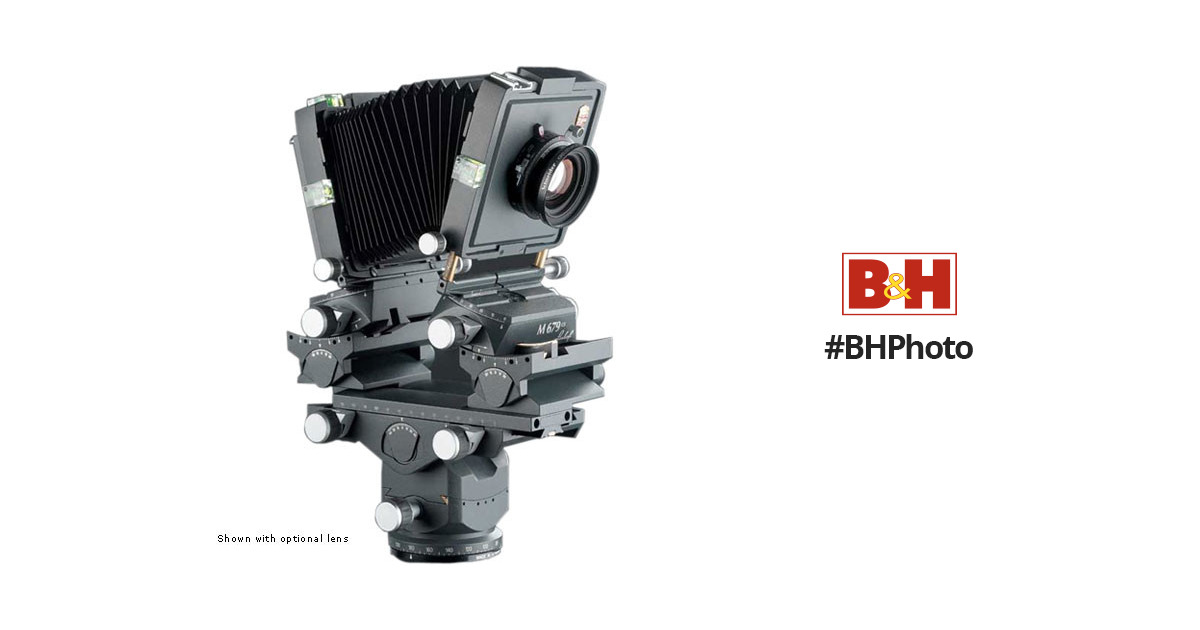- Mar 3, 2013
- 81,601
- 42,782
- 2,605
Follow along with the video below to see how to install our site as a web app on your home screen.

Note: This feature currently requires accessing the site using the built-in Safari browser.
Sorry Mike, but the quality of your digital camera matters little in the need for filters, filters has to do with light and light is still light whether imaged with a digital sensor or a film emulsion. In fact, most every digital body comes with a filter built in! That is except for special purpose ones modified for astrophotography. I guarantee you your digital camera comes with an IR-blocking filter built in otherwise all your pictures would come out with a million degree sunburn because the sensor is sensitive far into the infrared.With todays digital cameras, really good ones, and software like photoshop, filters are no longer needed. They were good back in the film only days, particularly with black and white photography.
Using a red filter on your lens will really bring out clouds in the sky.
View attachment 350302

That's why I said filters didn't matter any more. And film may have made some people better but it's useless anymore.Sorry Mike, but the quality of your digital camera matters little in the need for filters, filters has to do with light and light is still light whether imaged with a digital sensor or a film emulsion. In fact, most every digital body comes with a filter built in! That is except for special purpose ones modified for astrophotographjy. I guarantee you you digital camera comes with an IR-blocking filter built in otherwise all your pictures would come out with a million degree sunburn because the sensor is sensitive far into the infrared.With todays digital cameras, really good ones, and software like photoshop, filters are no longer needed. They were good back in the film only days, particularly with black and white photography.
Using a red filter on your lens will really bring out clouds in the sky.
View attachment 350302
Many lens come with filters built in and if you are shooting in certain locations with a lot of blue scatter (smog, etc), you will likely benefit from a haze filter. The list is endless. But you are correct that digital has the advantage of offering exposure, tone, hue, color and other corrections to improve or change the picture as needed after the fact not possible with straight film.
Film made you a better photographer because you had to know how to get it right the first time, and couldn't afford to just take 10,000 wasted frivolous shots hoping to get a good one like the "pros" do.
Well, let's just say the roll of filters has changed over the years, but people still need and use them. And film is far from useless, I still shoot it sometimes because its far easier and cheaper than replacing tens of thousands of dollars worth of special film gear. IMAX movies are shot on film, film is a niche pro market and hobby market now, you can still buy new film bodies, and then there are cameras like this:That's why I said filters didn't matter any more. And film may have made some people better but it's useless anymore.Sorry Mike, but the quality of your digital camera matters little in the need for filters, filters has to do with light and light is still light whether imaged with a digital sensor or a film emulsion. In fact, most every digital body comes with a filter built in! That is except for special purpose ones modified for astrophotographjy. I guarantee you you digital camera comes with an IR-blocking filter built in otherwise all your pictures would come out with a million degree sunburn because the sensor is sensitive far into the infrared.With todays digital cameras, really good ones, and software like photoshop, filters are no longer needed. They were good back in the film only days, particularly with black and white photography.
Using a red filter on your lens will really bring out clouds in the sky.
View attachment 350302
Many lens come with filters built in and if you are shooting in certain locations with a lot of blue scatter (smog, etc), you will likely benefit from a haze filter. The list is endless. But you are correct that digital has the advantage of offering exposure, tone, hue, color and other corrections to improve or change the picture as needed after the fact not possible with straight film.
Film made you a better photographer because you had to know how to get it right the first time, and couldn't afford to just take 10,000 wasted frivolous shots hoping to get a good one like the "pros" do.

